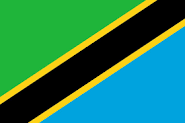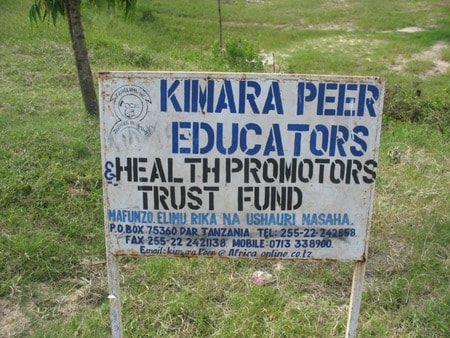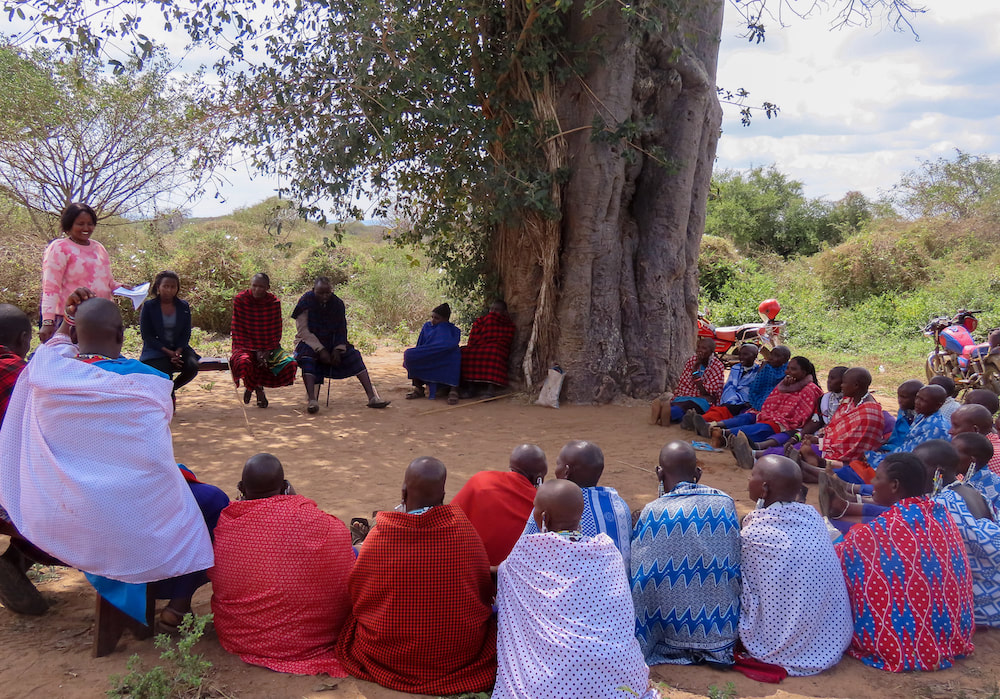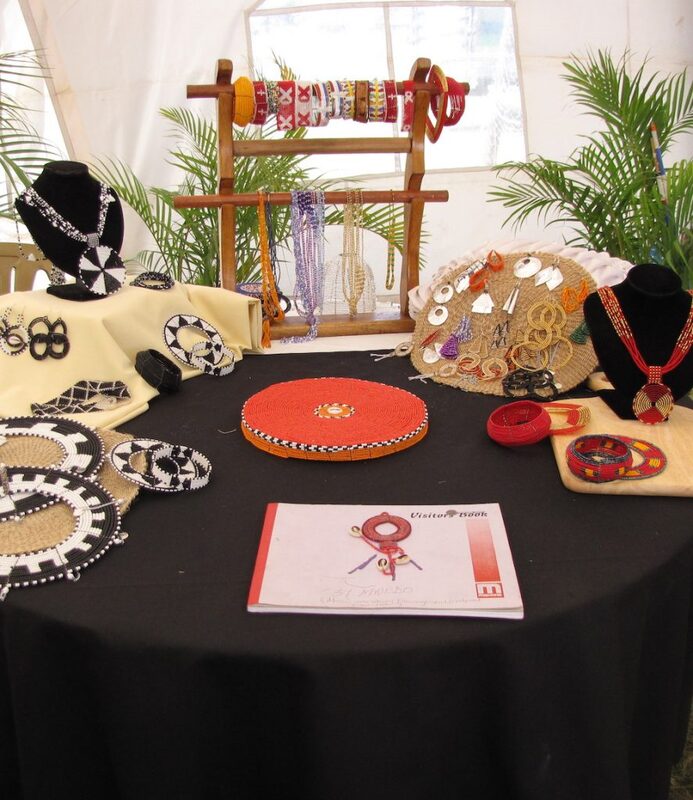In Tanzania, the Stephen Lewis Foundation supports several community-based partners focused on issues such as HIV/AIDS, ending violence against women and girls, health and rights for the LGBTQ community, and supporting grandmothers, children and youth. We chose to focus on two organizations only:
1. Kimara Peer Educators & Health Promoters Trust Fund in Dar es Salaam
2. Maasai Women Development Organization (MWEDO).
Both of these organizations use the home-based care approach to connect with those in need. Members from the community visit the home of an HIV positive patient in order to dispense food and drugs or provide palliative care. They can make referrals, provide peer support and counseling, do household chores, meet the needs of children and identify families needing support.
KIMARA PEER EDUCATORS
“Home-based care is an entry point for direct assistance, such as school support or food parcels. And it is through home-based care that families are connected to more support programs, such as peer mothers, kids’ clubs, and groups for savings and loans and income generation.” – Kimara Peers, in Tanzania
This video shows how they support their community:
https://youtu.be/_wVnaPBVEz4
MAASAI WOMEN DEVELOPMENT ORGANIZATION
The Maasai Women Development Organization (MWEDO) works specifically with the Maasai community. As the traditional grazing grounds of the Maasai have been lost due to the formation of National Parks, private game reserves, farms and the impact of climate change, Maasai women are looking for ways to improve their lives and the lives of their children.
The Traditional Birth Attendant is trusted in the community and with additional training from MWEDO, she can impart knowledge on nutrition, family planning, HIV awareness, prevention and transmission of HIV during pregnancy, the importance of HIV testing and adherence to treatment.
MWEDO has built a community hospital and a high school for girls. Women can take adult classes in reading, writing and arithmetic. Training is offered on land rights, growing sustainable crops, animal husbandry and business development. Further information can be found on the MWEDO website.
1. Kimara Peer Educators & Health Promoters Trust Fund in Dar es Salaam
2. Maasai Women Development Organization (MWEDO).
Both of these organizations use the home-based care approach to connect with those in need. Members from the community visit the home of an HIV positive patient in order to dispense food and drugs or provide palliative care. They can make referrals, provide peer support and counseling, do household chores, meet the needs of children and identify families needing support.
KIMARA PEER EDUCATORS
“Home-based care is an entry point for direct assistance, such as school support or food parcels. And it is through home-based care that families are connected to more support programs, such as peer mothers, kids’ clubs, and groups for savings and loans and income generation.” – Kimara Peers, in Tanzania
This video shows how they support their community:
https://youtu.be/_wVnaPBVEz4
MAASAI WOMEN DEVELOPMENT ORGANIZATION
The Maasai Women Development Organization (MWEDO) works specifically with the Maasai community. As the traditional grazing grounds of the Maasai have been lost due to the formation of National Parks, private game reserves, farms and the impact of climate change, Maasai women are looking for ways to improve their lives and the lives of their children.
The Traditional Birth Attendant is trusted in the community and with additional training from MWEDO, she can impart knowledge on nutrition, family planning, HIV awareness, prevention and transmission of HIV during pregnancy, the importance of HIV testing and adherence to treatment.
MWEDO has built a community hospital and a high school for girls. Women can take adult classes in reading, writing and arithmetic. Training is offered on land rights, growing sustainable crops, animal husbandry and business development. Further information can be found on the MWEDO website.



